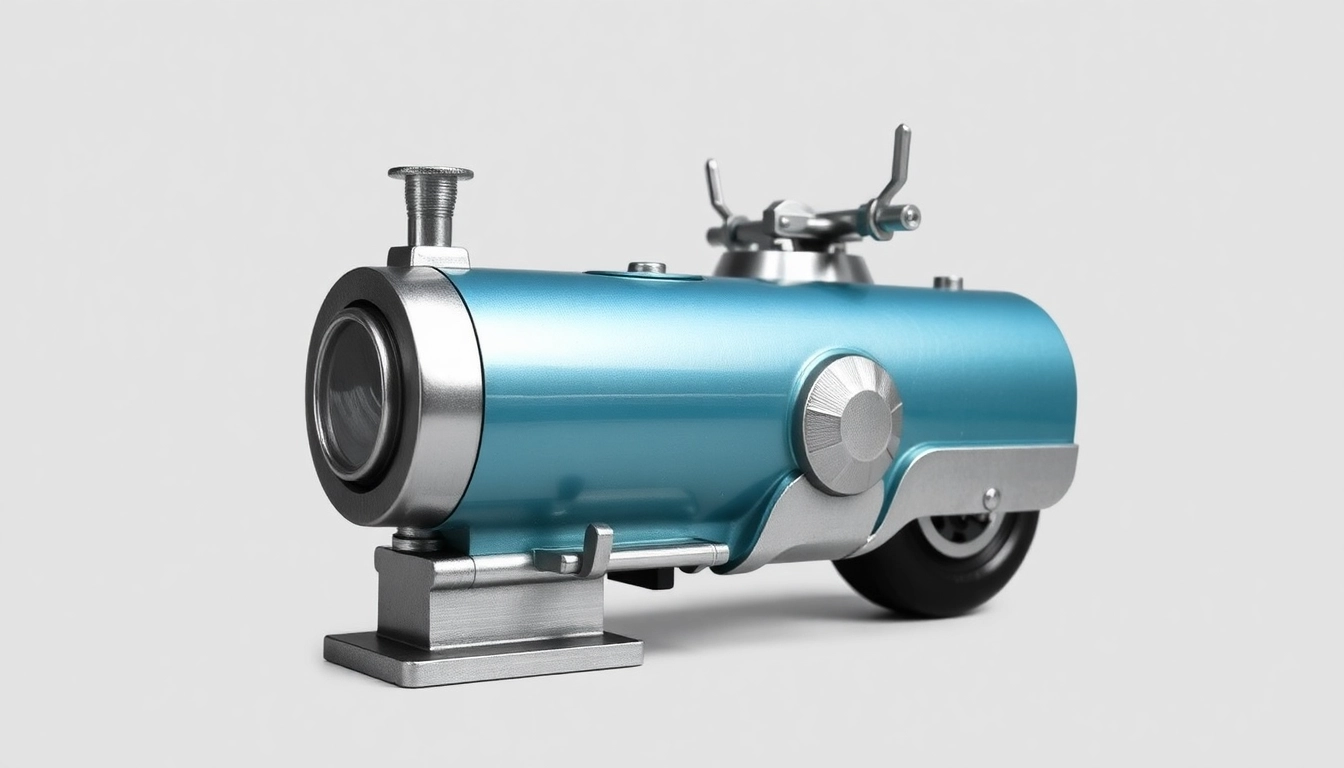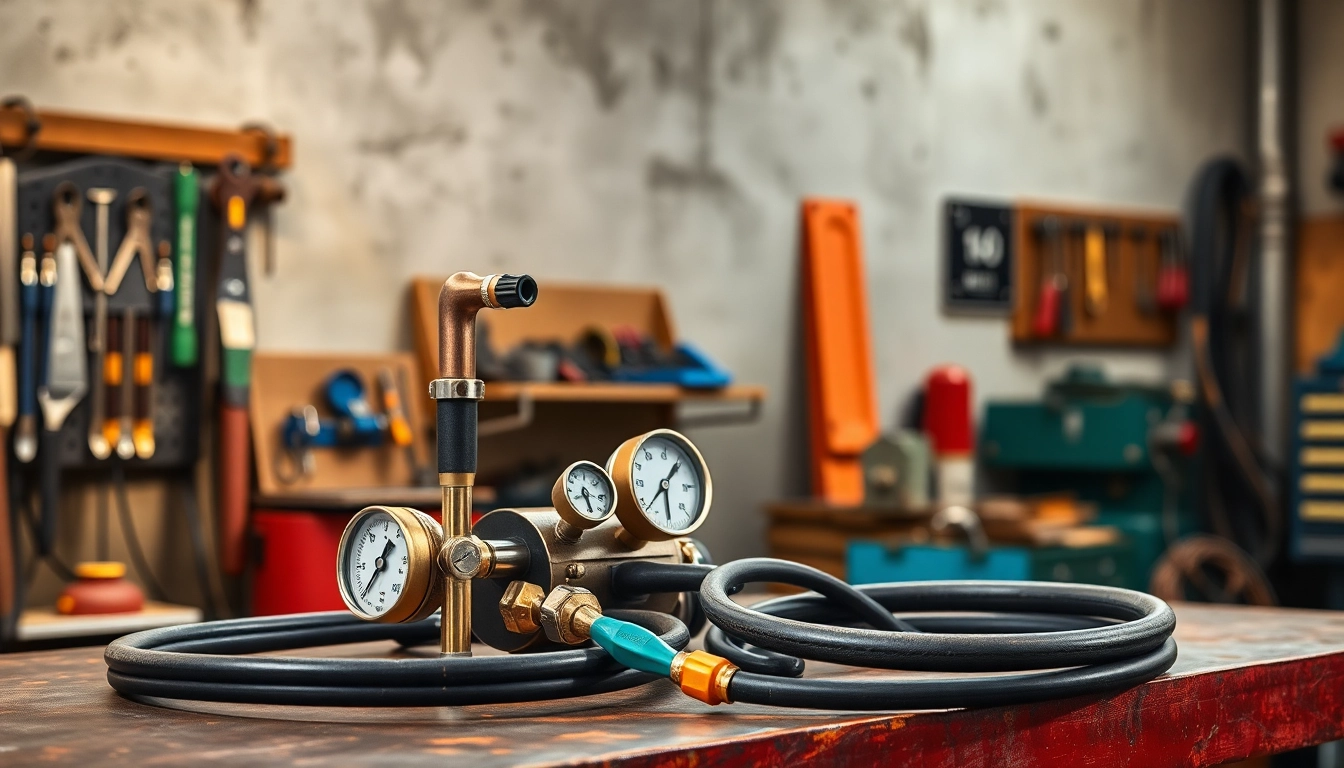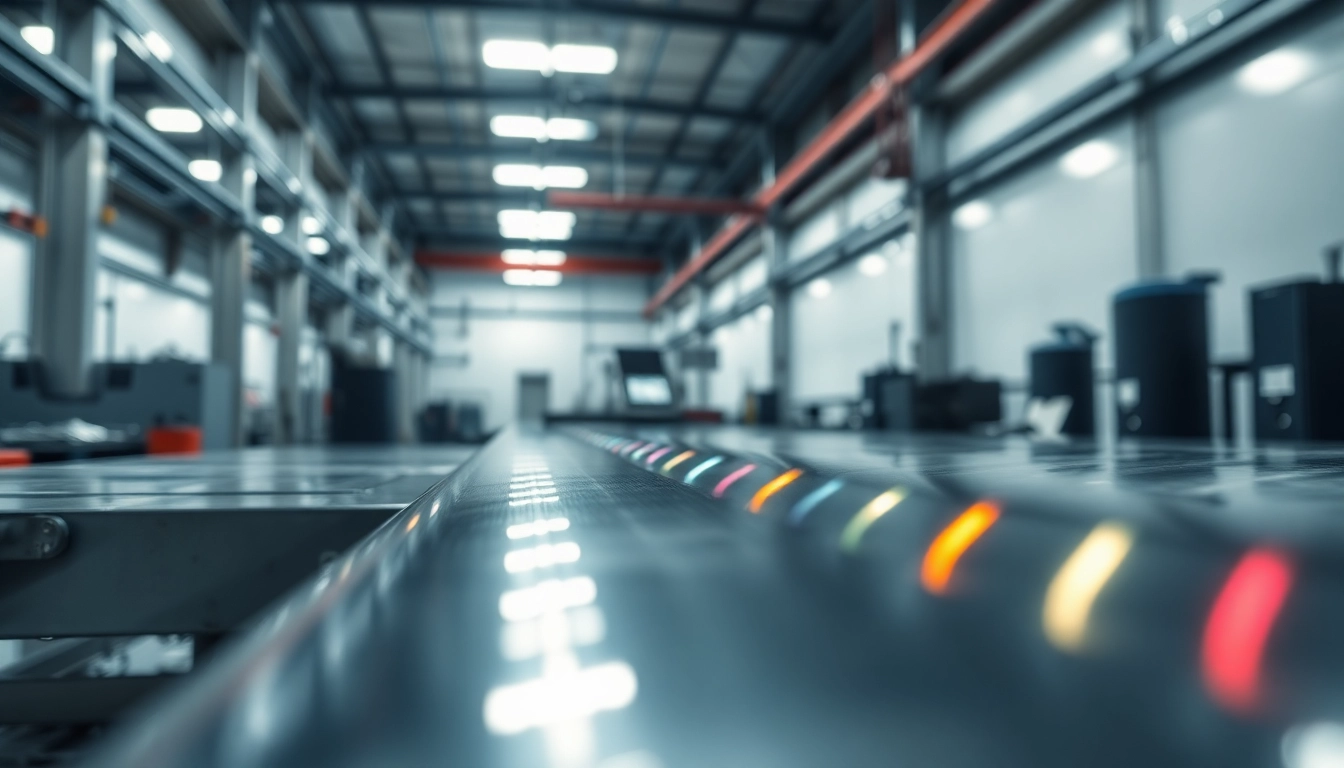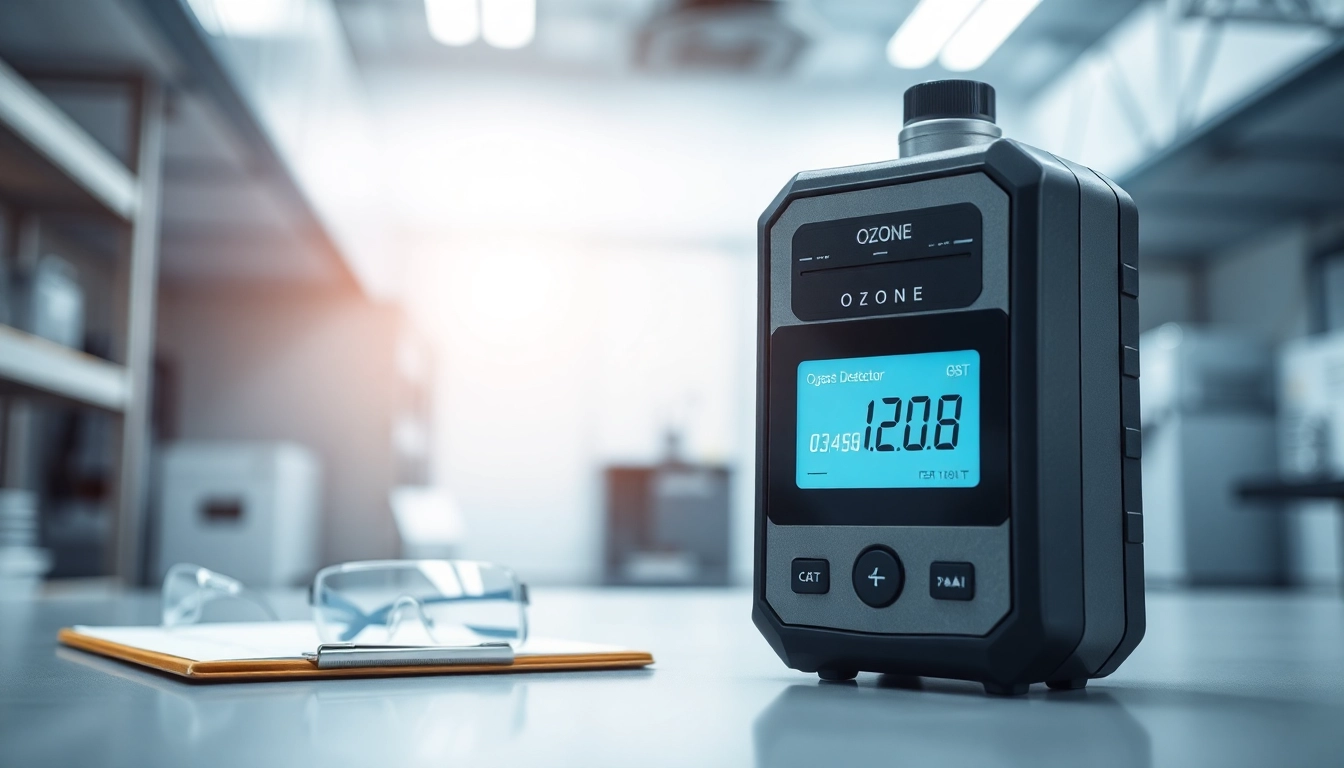Understanding Filling Machines
What is a Filling Machine?
A filling machine is an essential piece of equipment used in various industries to dispense liquids, powders, granules, and other substances into containers. These machines ensure that products are filled accurately and efficiently, adhering to strict quality standards. At its core, a filling machine is designed to automate the filling process, thereby increasing production rates while minimizing human error. Different types of filling machines cater to specific needs, ranging from small-scale operations to large industrial applications.
Types of Filling Machines Available
Filling machines vary significantly in design and functionality based on the product characteristics and the nature of the containers. Here are some common types of filling machines:
- Gravity Fillers: These are simple filling machines that use gravity to dispense liquid into containers. Ideal for thin liquids.
- Piston Fillers: These machines utilize a piston mechanism to draw the liquid into a cylinder before dispensing it into the container. They are versatile and can handle various viscosities.
- Vacuum Fillers: As the name suggests, these machines work by creating a vacuum that helps draw liquid into the container. They are particularly useful for foamy or viscous products.
- Pressure Fillers: Also known as positive displacement fillers, these machines push liquid into the container under pressure, making them suitable for thick liquids.
- Aseptic Fillers: Used in the food and beverage industry, these machines fill products in a sterile environment to preserve quality and extend shelf life.
- Continuous Fillers: These machines allow for a constant flow of product to fill multiple containers simultaneously, which boosts productivity in high-volume operations.
Industries Utilizing Filling Machines
Filling machines are indispensable in various sectors, including:
- Food and Beverage: Used for filling sauces, beverages, condiments, and dairy products.
- Pharmaceutical: Essential for dispensing medicines and liquid supplements.
- Cosmetics: Commonly employed for filling creams, lotions, and other beauty products.
- Chemicals: Used for packaging various chemical substances, including industrial products.
Choosing the Right Filling Machine Manufacturer
Key Factors to Consider
Selecting a manufacturer for filling machines requires careful consideration of several factors to ensure the right fit for your operational needs.
- Experience and Expertise: Look for manufacturers with a proven track record in producing quality filling machines. Their experience can translate into better design and engineering.
- Customization Options: Choose a manufacturer that offers tailored solutions that can meet your specific needs, including unique container shapes and sizes.
- Technology and Innovation: A leading manufacturer stays updated with the latest technologies, such as automation and smart capabilities, which can enhance production efficiency.
- After-Sales Support: Ensure the manufacturer provides comprehensive support services, including maintenance, troubleshooting, and spare parts availability.
Evaluating Manufacturer Reputation
Assessing a manufacturer’s reputation is critical in the decision-making process. Researching online reviews, customer testimonials, and case studies can provide insights into customer satisfaction and the performance of their machines.
Engaging with industry peers or participating in forums can also yield valuable recommendations. Top manufacturers often exhibit transparency about their operations, showcasing their machinery and capabilities, instilling confidence in potential customers.
Cost vs Quality in Filling Equipment
While cost is a vital factor, it should not compromise quality. A cheaper filling machine may save upfront costs but could result in increased maintenance expenses and decreased productivity in the long run. Evaluating the total cost of ownership is crucial. Consider installation, maintenance, and potential downtime when determining overall cost.
Investing in a high-quality filling machine from a reputable manufacturer often leads to enhanced efficiency, reliability, and a more consistent production process.
Latest Innovations in Filling Technology
Automation Trends in Filling Machines
The rise of automation in filling machines is revolutionizing manufacturing processes. Modern filling systems incorporate advanced technology such as robotics, sensors, and artificial intelligence to improve accuracy and speed.
For example, automated filling machines can adapt to varying product consistencies, making real-time adjustments to maintain consistent fill levels and reduce waste. Furthermore, these machines often integrate with other production line components, creating a streamlined operation.
Eco-friendly Filling Solutions
As sustainability becomes an increasing priority, filling machine manufacturers are innovating eco-friendly solutions. This includes the use of energy-efficient components, recyclable materials in machine construction, and processes that minimize waste.
Some manufacturers provide options for biodegradable packaging, ensuring that the entire filling process aligns with environmentally friendly principles. This not only helps businesses reduce their carbon footprint but also appeals to a growing segment of consumers who prioritize sustainability in their purchasing decisions.
Smart Technology in Filling Equipment
Smart technology is entering the realm of filling machinery through the integration of IoT (Internet of Things) capabilities. Manufacturers can monitor machine performance remotely and collect valuable data to analyze efficiency and production metrics.
This data-driven approach allows for predictive maintenance, reducing downtime, and maximizing operational effectiveness. Companies using smart filling machinery can make better-informed decisions regarding production schedules, inventory management, and quality control.
Maintenance and Support for Filling Machines
Common Maintenance Practices
Regular maintenance is vital for keeping filling machines in optimal condition, ensuring longevity and efficiency. Some common maintenance practices include:
- Frequent cleaning to prevent buildup and contamination.
- Regular inspections of mechanical components to identify wear and tear.
- Lubricating moving parts to reduce friction and prevent damage.
- Updating software and firmware to harness the latest functionalities and improvements.
How to Troubleshoot Filling Machines
Even the best filling machines can experience issues over time. Common problems include inconsistent fill levels, mechanical failures, and control system errors. Troubleshooting these issues involves a systematic approach:
- Identify the Problem: Carefully observe the machine’s performance for any irregularities.
- Consult the Manual: Reference the operational manual to troubleshoot standard issues and gain insights into specific error codes.
- Perform Basic Checks: Check for blockages, ensure proper connections, and verify that no parts are loose.
- Seek Professional Help: If the problem persists, consulting with the manufacturer’s technical support team may provide the needed expertise.
Manufacturer Support Services
Selecting a filling machine manufacturer should also be based on the level of after-sales support offered. This includes on-site servicing, technical support, and availability of spare parts. Manufacturers that prioritize customer support establish long-term partnerships, ensuring their machines continue operating efficiently over the years.
Furthermore, training programs provided by manufacturers can equip your staff with the necessary skills for operating the machines effectively, thus improving overall productivity.
Conclusion: The Future of Filling Machines
Emerging Trends in the Filling Industry
The future of filling machines is poised for innovation and transformation. As industries evolve, manufacturers are likely to focus on improved efficiencies, enhanced automation, and sustainable practices. The integration of smart technologies will lead to even more sophisticated and intelligent machinery, capable of adapting to diverse production needs.
Final Thoughts on Selecting Manufacturers
With countless filling machine manufacturers available, choosing the right partner requires due diligence and research. Assess the manufacturer’s reputation, evaluate machine capabilities, and seek out those with a commitment to customer support and sustainable practices. By making informed decisions, businesses can achieve robust production lines and ensure product quality.
Invitation to Reach Out for Consultation
If you are considering upgrading your operations and want to explore options in Filling Machine Manufacturers, reach out for a consultation. Our team is equipped to assist you with your specific needs, guiding you through the intricacies of selecting the ideal filling equipment tailored for your industry.



